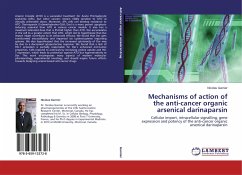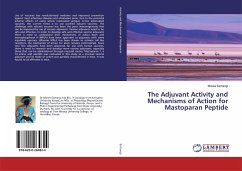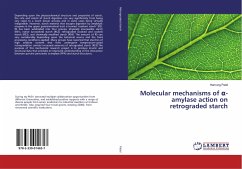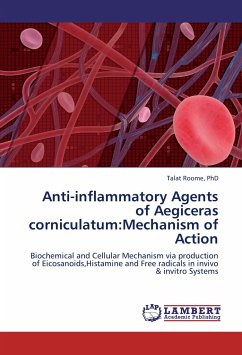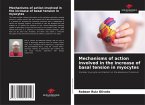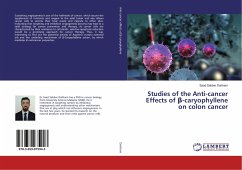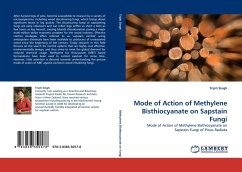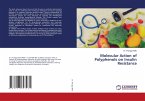Arsenic trioxide (ATO) is a successful treatment for Acute Promyelocytic Leukemia (APL), but other cancers remain mildly sensitive to ATO at clinically achievable doses. Moreover, APL cells can develop resistance to ATO. Darinaparsin (S-dimethylarsino-GSH; Dar) is a more potent apoptosis-inducing arsenical than ATO in various cancer models. It also has a maximum tolerated dose that is 35-fold higher than ATO. Dar accumulates in the cell to a greater extent that ATO, which led to hypothesize that Dar import might contribute to its enhanced efficacy. We found that Dar gets transformed extracellularly and imported via cystine/cysteine importing systems. We also hypothesized that the increased cytotoxicity of Dar may be due to a decreased cytoprotective response. We found that a lack of HO-1 activation is partially responsible for Dar's enhanced anti-tumor properties. Cells respond to arsenicals by increasing cystine uptake and HO-1 expression, which leads to protection against ATO but hypersensitivity to Dar. This work encompasses many aspects of modern molecular pharmacology, experimental oncology, and should inspire future efforts towards designing arsenic-based anti-cancer drugs.
Bitte wählen Sie Ihr Anliegen aus.
Rechnungen
Retourenschein anfordern
Bestellstatus
Storno

